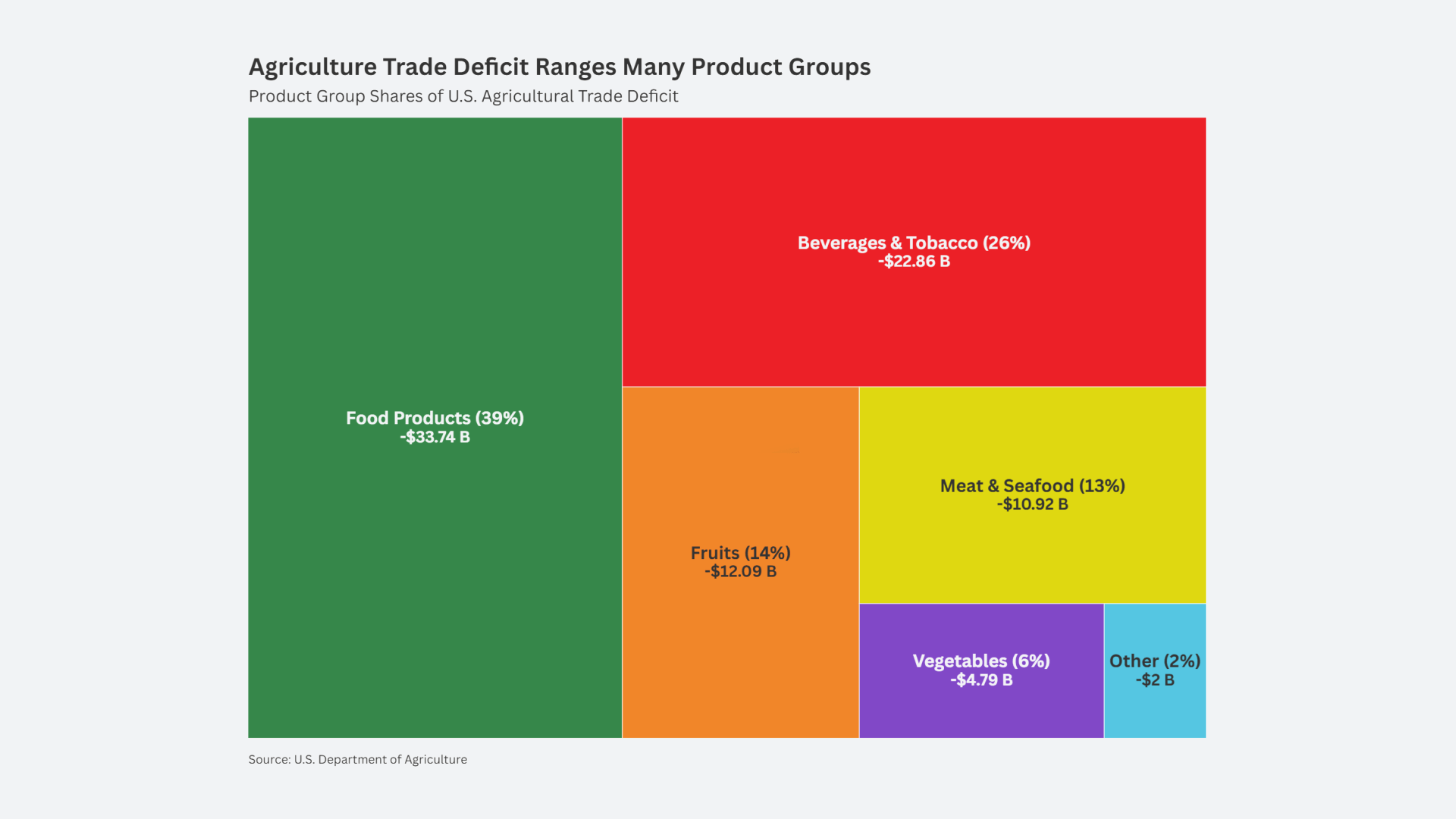The federal government is on the verge of passing a once-in-a-generation reform of corporate taxation. Unfortunately, instead of true reform that could improve the long run performance of the U.S. economy, this is likely to be the sugar rush of a quick injection of cash which will boost already high multinational profits in the short term. Instead of an America First tax plan that would benefit companies and workers that produce in the U.S., it give lower tax rates to income generated offshore and does little for the middle class.
By Jeff Ferry, MarketWatch
If a form of the latest bills passes, the corporate tax rate will go down from a top rate of 35% to 20%. But both the Senate and House bills punted on the opportunity to fix the biggest problem in corporate tax, namely the powerful incentives for corporations to shift revenue, profit and jobs overseas, eroding the U.S. tax base. An eroding tax base only means that corporate tax rates will have to be raised again at some point in the future.
What’s more, a recent MarketWatch story may overstate the tax burden U.S. companies face, since it includes the foreign taxes paid. Also, it includes taxes “expensed” in the current year but deferred to future, unspecified years. Expensing but deferring is essentially a tool used by CFOs to enable flexibility in setting the earnings figures each year. We looked at this in a detailed analysis in Tax Notes[subscription required]. As an example, last year Walgreen’s WBA, -1.07% actual U.S. tax rate was 19%, nearly half the 37% cited in the MarketWatch article.
Supporters of the current corporate tax reform sold it to Congress and the public by claiming that lower corporate tax rates will lead to more investment in the U.S. economy as corporations use the additional cash to invest in their businesses. But all the evidence, both statistical and anecdotal, suggests that corporate America’s investment levels are not cash-constrained. Interest rates have been far lower for a longer period than at any time in modern history and yet investment in U.S. plant and equipment has stayed at low levels. The federal funds rate, one of the key rates set by the Federal Reserve, was cut to below 1% back in October 2008. It stayed below 1% for an unprecedented 8 years, until June of this year. (After a hike on Wednesday, the Fed’s targeted rate is still just between 1.25% and 1.5%). If corporations were seeking funds for expansion, interest rates would have risen well before now back to more traditional levels.
If Congress had wanted to ensure that a lower corporate tax rate lead to more investment in U.S. plant and equipment, it could have required this as a condition of repatriating overseas money. Instead, history shows they will pay the paltry repatriation tax rates and return money to shareholders in either buybacks or dividends.
Fight base erosion with Sales Factor Apportionment
Base erosion – the practice of corporations shifting U.S. income to offshore subsidiaries – has been a huge problem for the federal government. While corporate profits have soared in recent years, corporate income tax revenue has remained flat at around 2.5% of GDP. The tax base “erodes” because corporations have been increasingly resourceful at moving profits to overseas low-tax jurisdictions to minimize the taxes they pay Uncle Sam. By cutting the corporate tax rate to 20%, the tax reform does make U.S. more competitive compared to some large nations. But there remain dozens of mostly small countries with sub-10% tax rates that will still be highly attractive as a locale into which to artificially shift profits.
The Senate has tried to reduce that trend with a new tax known as GILTI, for Global Intangible Low Tax Income. This would tax any income earned in a foreign location over and above a target 10% return on tangible overseas assets. But because foreign profits are taxed less than U.S. profits, the incentive remains to move tangible assets to foreign locales.
The better alternative would have been to tax corporate income based upon the location of the customers to which corporations sell. This system is called sales factor apportionment or SFA. It has been endorsed by influential economists, tax law professors and the Coalition for a Prosperous America (my employer). An SFA-based corporate tax levies tax on a corporations’ profits based upon a fraction of their worldwide income. That fraction would simply be the share of their global sales that are destined for customers in the United States.
Domestic, multinational and foreign companies all pay a profit tax based upon their access to U.S. customers. Exports are incentivized because profits from overseas sales are tax free.
All those complex maneuvers to shift profits to foreign subsidiaries become irrelevant because only sales to outside customers matter, not internal allocation of expenses and income to subsidiaries in tax havens. My estimate is that SFA would add about $600 billion to tax revenue over the next ten years.
More fundamentally, an SFA system would end the discrimination against domestic companies by ending the lower tax rates for foreign income. It would be the first step towards incentivizing U.S. corporations to invest in America instead of tax havens.
Jeff Ferry is an economist and research director at the Coalition for a Prosperous America, a bipartisan group including manufacturers, labor unions, farmers, and ranchers fighting for fair trade to reduce the US trade deficit, rebuild US industry, and restore US economic growth.













